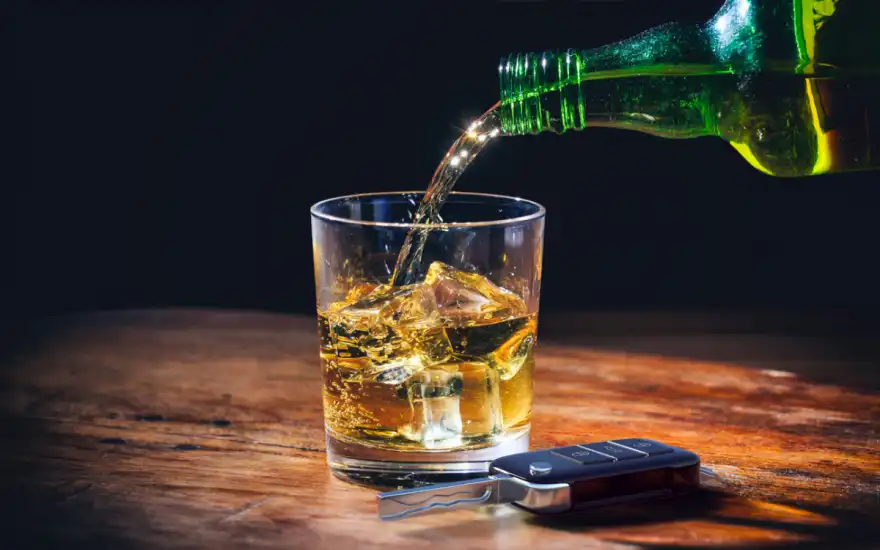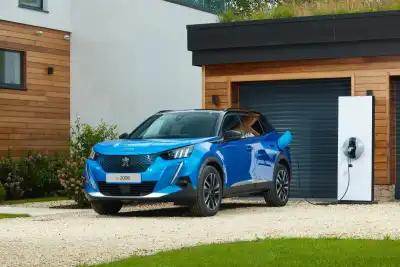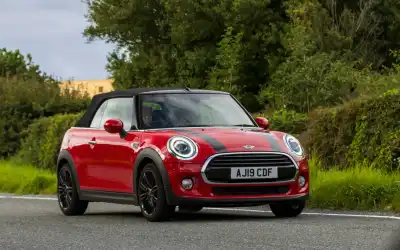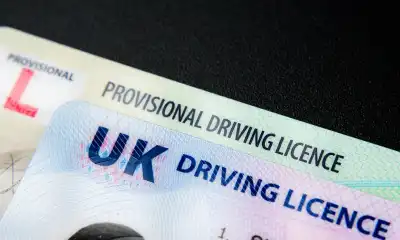
Drinking and driving is not only unsafe but also comes with severe consequences, including potential driving bans, increased insurance premiums, fines, and even imprisonment in the event of a fatal accident.
The impairing effects of alcohol on judgment and reaction times significantly increase the risk of serious accidents, leading to numerous deaths and injuries in the UK each year.
While there are legal limits for alcohol consumption before driving, individual variations in alcohol processing make it safer to adopt a simple rule: don't drink when you have to drive.
However, it's still essential to be aware of the UK's drink drive limits, especially if driving the morning after drinking. Additionally, different countries within the UK can set their own alcohol limits for drivers, with Scotland currently having stricter regulations.
How does alcohol affect your driving?
Alcohol has significant effects on the human body, including increased delays in processing signals from the eye to the brain, reduced information processing ability, slower muscle response, and decreased ability to inhibit potentially harmful behaviour. These effects lead to slower reaction times, blurred or double vision, and increased risk-taking, making it dangerous for individuals to operate vehicles.
In 2019, there were approximately 7,860 casualties related to drink driving in Great Britain, with 280 deaths, showing an increase from the previous year's 240 deaths.
How many units can you drink before driving?
A unit of alcohol is 10 millilitres (or 8 grams) of pure alcohol, with the number of units indicated on the drink container. However, there isn't a specific number of units indicating when you're over the drink drive limit, as it's measured differently, considering various factors.
In the UK, drink drive limits vary by region and are measured as a percentage of alcohol in blood, breath, or urine. For England, Northern Ireland, and Wales, the legal limit is 80 milligrams of alcohol per 100 millilitres of blood (0.08% BAC).
How does the law differ in Scotland?
Scotland has a lower limit. In 2014, Scotland lowered its drink drive limit to 50 milligrams of alcohol per 100 millilitres of blood, aligning it with much of Europe, where limits typically range from zero to 0.05%.
Some countries also establish lower limits for newly qualified drivers and professionals. Travelers should be mindful of this lower limit when heading north of the border. It's important to be aware of local drink driving laws when traveling, as many European countries have stricter limits than the UK.
How much alcohol can you drink before driving?
The relationship between your Blood Alcohol Content (BAC) and the units of alcohol consumed is not straightforward, as it varies based on individual factors such as metabolism, food intake, age, gender, weight, the type of alcohol, and stress levels during drinking or driving. To eliminate uncertainties about being over the drink-drive limit, a simple rule is emphasised: if you're driving, don't drink, and if you're drinking, don't drive.
How long after drinking can you drive?
The time it takes for the body to break down alcohol depends on factors like gender, metabolism, weight, and the type of drinks consumed. As a general guide, the human body processes about one unit of alcohol per hour.
For example, a pint of beer with 4% alcohol content (2.3 units) takes over two hours to leave the system. If you drink five glasses of wine with 13% alcohol content, it could take more than 11 hours for it to fully leave your system.
This underscores the cautionary advice about the risks of driving the morning after consuming alcohol.
What happens if you get caught drink driving?
According to the gov.uk website, police officers can request a breath test if they suspect you've been drinking, if you've committed a traffic offence, or if you've been in a road traffic accident. The test involves blowing into a breathalyser at the roadside.
Refusing or attempting to cheat the test can result in immediate arrest. If you test positive, you'll be taken to a police station for two more breath tests on more accurate equipment. If the subsequent readings are positive, you may face charges.
Is drink driving a criminal offence?
Yes, drink driving is a criminal offence. If caught, you'll be charged with being drunk in charge of a motor vehicle, identified with the conviction code DR10. This charge applies to any motorised vehicle, including cars, trucks, buses, motorcycles, and even e-scooters.
It's not necessary to be actively driving; possession of keys or any means to start the vehicle can lead to charges. Additionally, passengers can face prosecution if it can be proven they were also drink driving at some point.
How many points do you get for drink driving?
There are no fixed penalty points for drink driving, and the penalties go beyond just points. If charged with being drunk in charge of a motor vehicle, you'll appear in court before a magistrate who has the discretion to decide the punishment.
Being drunk in charge can lead to a driving ban and a fine of up to £2,500. Driving above the limit incurs an unlimited fine and a one-year driving ban (extending to three years for a second conviction in a decade). Refusing to provide a specimen carries the same penalties. Causing death by careless driving under the influence results in an unlimited fine and at least a two-year driving ban.
Some courts may offer a drink drive rehabilitation scheme course for bans lasting 12 months or more.
Can you go to prison for drink driving?
In addition to the mentioned penalties, these offenses come with the possibility of jail sentences. Being drunk in charge of a vehicle might lead to a three-month imprisonment, while driving while drunk or refusing a breath test can result in up to six months in jail.
Causing death while driving under the influence could lead to a 14-year imprisonment, although some campaigners advocate for even stronger sentences.
How long does drink driving stay on your criminal record?
In contrast to most motoring offences, which remain on your criminal record for five years, the duration of drink driving offences varies based on severity. If you have a DR10 endorsement on your license, it persists for 11 years.
How much is car insurance after drink driving ban?
Being convicted of drink driving with a DR10 endorsement on your driving license can lead to insurance premiums at least doubling, and for more severe offences, they may increase even more. Do not avoid disclosing the conviction to your insurer because failing to do so can invalidate your insurance if you need to make a claim.




